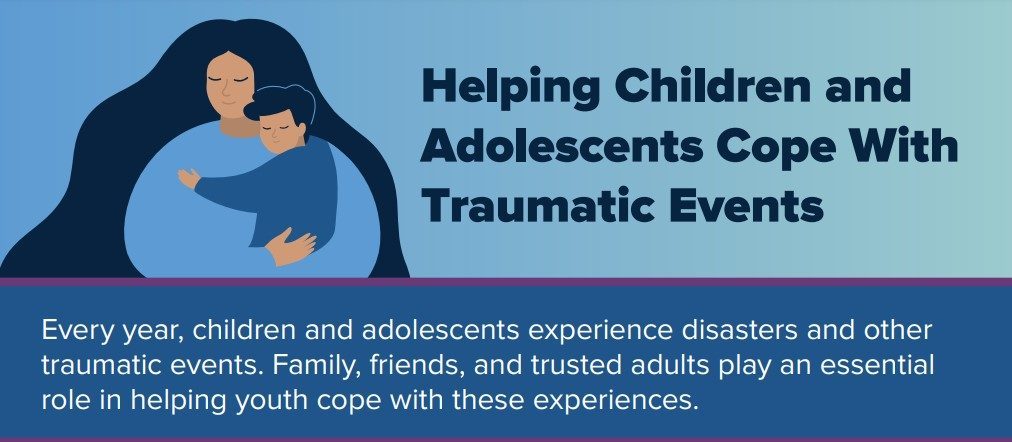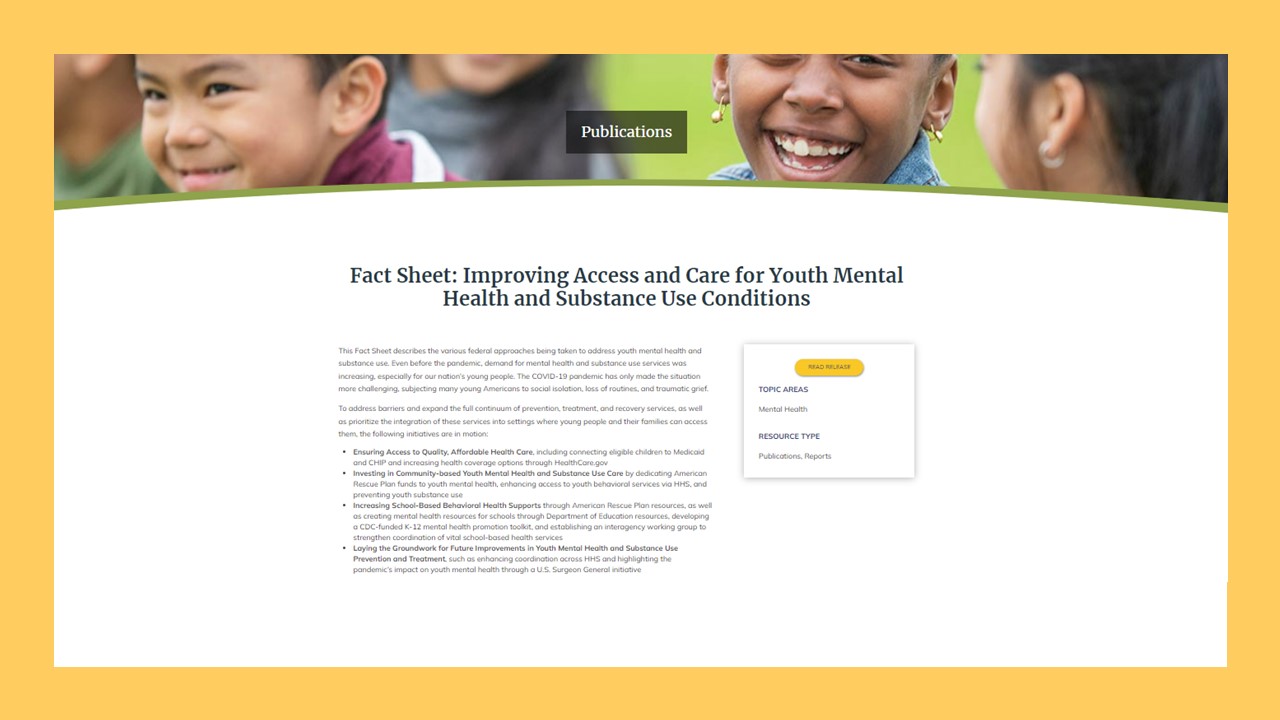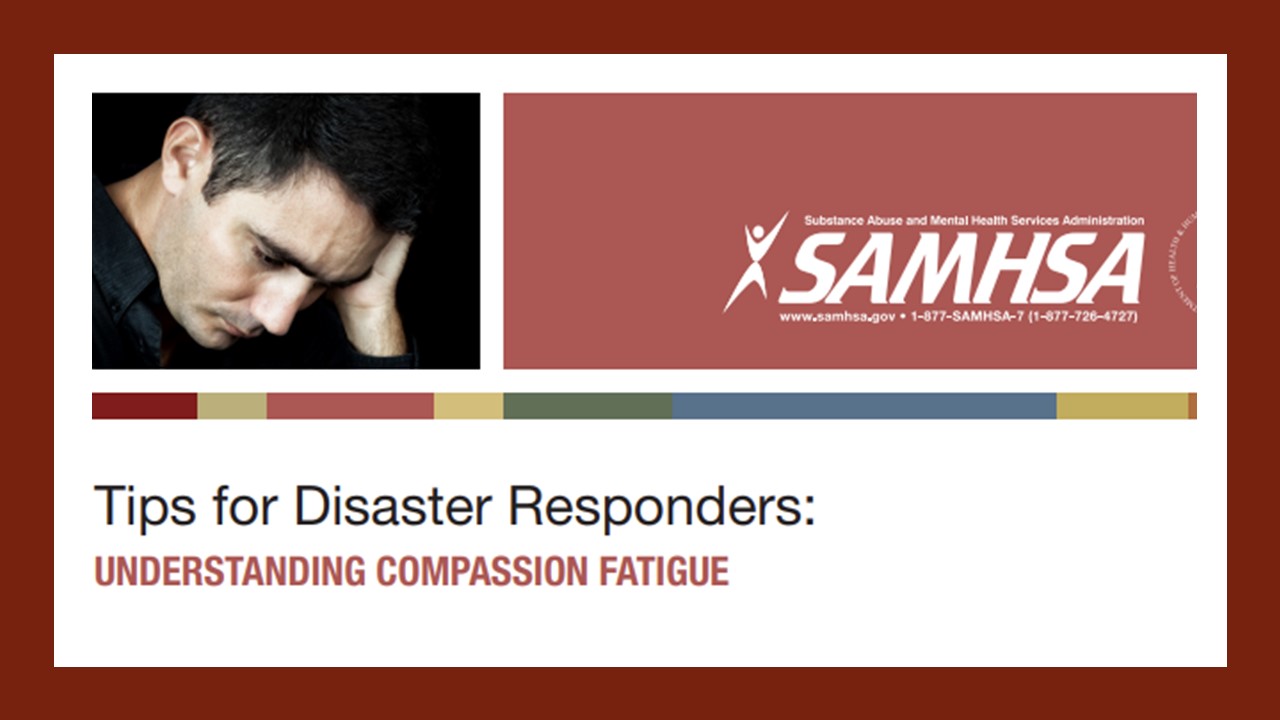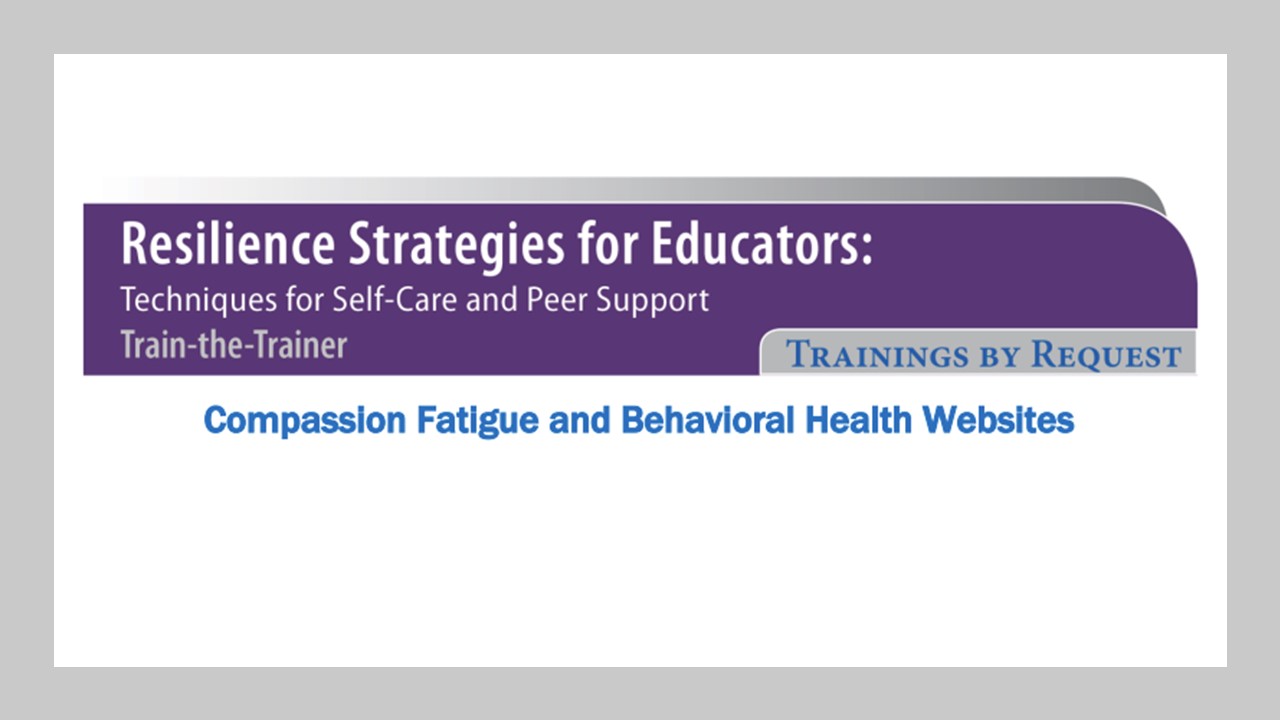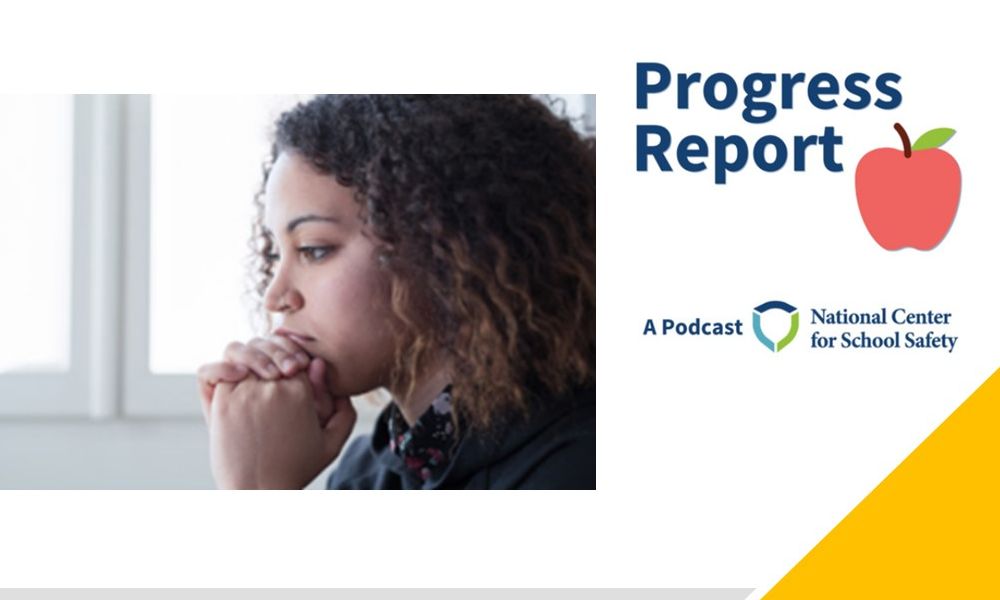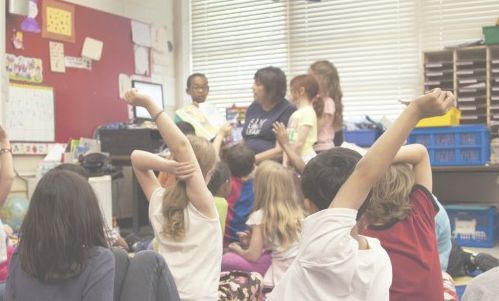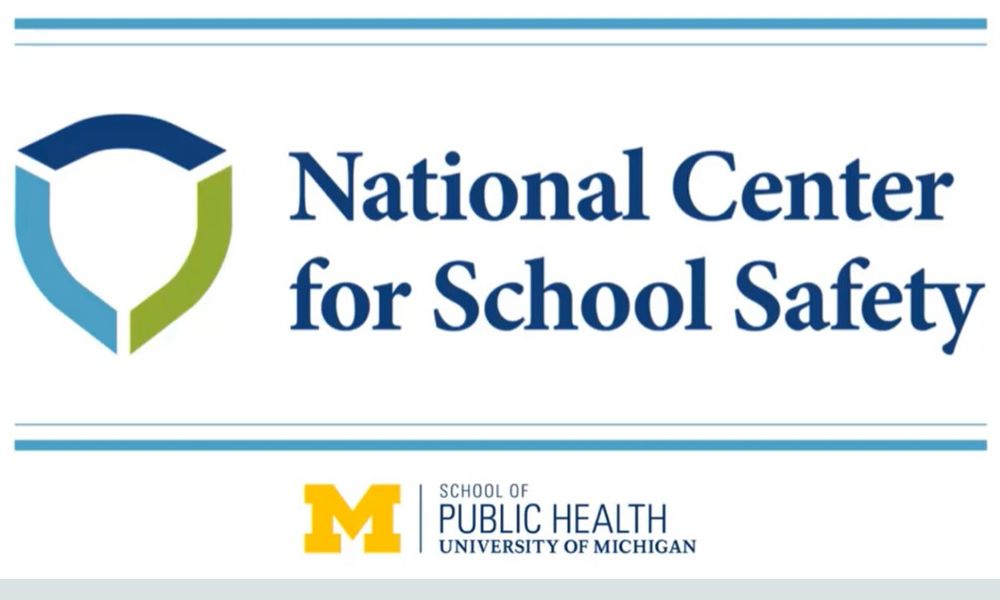Resources for Communities After a School Shooting
The Institute for Firearm Injury Prevention in collaboration with the National Center for School Safety offers resources highlighting key areas of support for communities after a school shooting event.
Helping students cope post tragedy
In response to the Robb Elementary School (in Uvalde, Texas), supermarket (in Buffalo, New York), and other mass shootings, the Interagency Working Group on Youth Programs (IWGYP) has compiled a list of resources to help youth, families, educators, and community members cope with and talk about community trauma, as well as provide psychological first aid.
The Substance Abuse and Mental Health Services Administration’s Disaster Distress Helpline is available 24/7/365: Call or text 1-800-985-5990 (for Spanish, press “2”) to be connected to a trained counselor any time.
This video from the National Center for School Safety discusses research into the ways school climate and previous experiences of victimization can affect a student’s feelings of fear and perceptions of safety.
Download this guide from the National Institutes of Mental Health for adult guidance about how to help children and adolescents after a trauma.
Resources for mental health and self-care
Publication
This Fact Sheet describes the various federal approaches being taken to address youth mental health and substance use.
Tips for Disaster Responders
This downloadable guide provides tips for disaster responders and information about compassion fatigue.
Resilience Strategies for Educators
A guide with techniques for self-care and peer support for educators after a trauma.
Resources for Child Trauma-Informed care
A resource list for Child Traumatic Stress Care
Resources for moving forward
Leading Through Crises
Listen to a podcast discussing leading through crises from the National Center for School Safety featuring Dr. Linda Henderson-Smith, a licensed counselor and a consultant for trauma-informed, resilience-oriented care with the National Council for Mental Wellbeing.
Returning to School After a Crisis
This guide to Addressing Traumatic Events at School is intended to support school staff when returning following a crisis. It contains information about common responses to trauma, warning signs that a student is in distress, tips for talking and working with students as they return, as well as resources for those who need mental health support. Learn more at the National Center for School Safety.
Systematic Review: Post-Crisis Interventions
In this video, Dr. Rebeccah Sokol, PhD, describes promising research into the effectiveness of post-crisis interventions, including key findings and recommendations from the systematic review conducted by the National Center for School Safety.
Resources on implementing and promoting school safety strategies
- This webinar addresses how to implement and adapt trauma-informed practices across school settings. During these unprecedented times, the social and emotional well-being of our students, parents, teachers, and administrators is of critical importance.
-
School threat assessment has emerged as a leading strategy for preventing school violence nationwide. This webinar reviews the essential features of school threat assessment, how and when it should occur, and how it differs from other forms of threat assessment.
-
In this webinar, participants will learn more about the history and philosophy of Anonymous Reporting Systems (ARS) and how they can be used to prevent violence-related school incidents before they occur.
-
In this webinar, participants will learn how to find partners that best suit their school safety program goals, and determine when in the planning process to connect with them. Presenters will also discuss how to define scopes of work, develop an outreach strategy, conduct an evaluation, and successfully implement a program.
- In this webinar, participants will learn how to find evidence-based programs for school communities that are credible and effective, as well as feasible and sustainable in their school setting.
- In this webinar, participants will learn how Extreme Risk Protection Orders (ERPOs) can be used to protect schools and reduce firearm violence through reporting.
